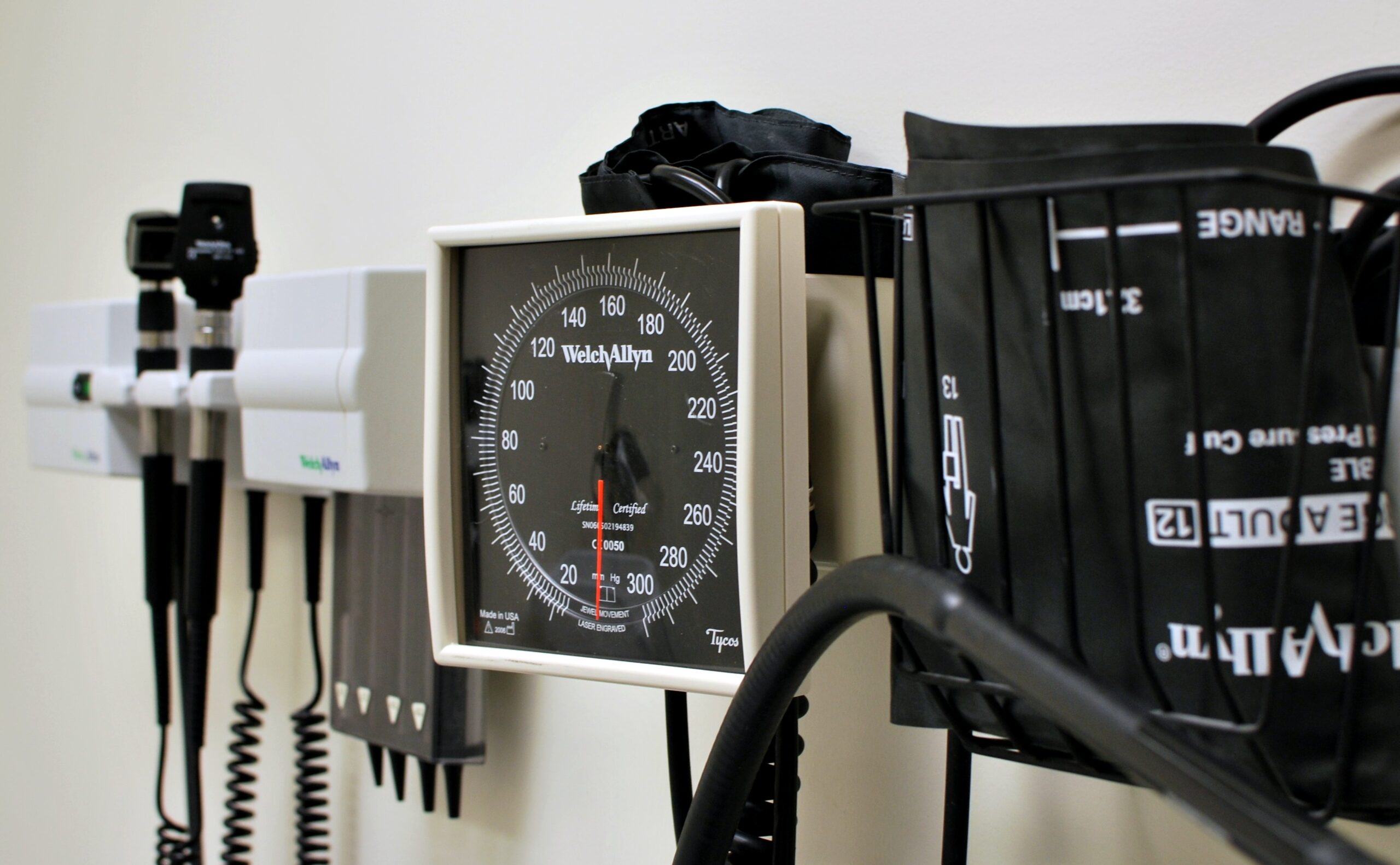
- Select a language for the TTS:
- UK English Female
- UK English Male
- US English Female
- US English Male
- Australian Female
- Australian Male
- Language selected: (auto detect) - EN
Play all audios:
So it came to pass. The Red wall has come crashing down. At the very point that Labour, under a Marxist leadership, was most virulent in its class war message, it was deserted by the
workers. It started with Blyth Valley, one of the first results. Workington, Sedgefield, West Bromwich East, Leigh, Don Valley, Redcar, Wrexham, Bolsover, Burnley — a blue wave crashed
through Labour’s working-class bastions. All these traditionally rock solid Labour seats had “CON GAIN” flashing up next to their names on the TV screens of the nation. Labour had recycled
their slogan “For the many, not the few”. But the election result was a revolt _by_ the many _against_ the few. It was the people losing patience with the establishment. Patriotism was at
its core. Were we really going to make Jeremy Corbyn our new Prime Minister, when he had shown no sign of being on our country’s side? It was not just the equivocation and duplicity over
Brexit — though this was a huge factor. That combined with Corbyn’s record of siding with our enemies – even terrorist groups and totalitarian regimes — over and over again. So strong was
Corbyn’s “solidarity” with such outfits that he would indulge their anti-Semitism and an array of other horrors. Yet, despite Corbyn’s extremism, the establishment was in dismay at the
election result, which saw Labour trounced. Devotion to the EU was suchthat all other concerns were second order. Great efforts were made to encourage tactical voting between Labour and the
Lib Dems to find some way of thwarting the 2016 referendum result. For the broadcasters, it was a humiliation. For months they had been telling us what a mistake Brexit was, that Theresa
May’s deal would be the only one on offer. When, despite their best efforts, Boris became Prime Minister, the commentators were shocked. They had felt that Rory Stewart was the obvious
choice. But the pundits gathered their wits about them. They patiently explained to us that it meant the Tories had been hijacked by hardliners and would only appeal to a small sect. The
resignation of Amber Rudd, for example, was presented as a disaster for the Tories. Millions of mainstream, moderate Tories from the “centre ground” would follow her lead. There was not much
hint of contrition from the commentators on the airwaves last night at getting it so spectacularly wrong. But their tone and their expressions betrayed their sense of grief. They could have
been reporting on a funeral. It was the same for some of the council chief executives who were reading out the results in their capacity as returning officers. I thought one of them might
burst into tears. The campaign itself had its full share of gaffes, cheering and jeering. But the fundamentals didn’t shift. It was lots of noise, which would mostly be shrugged off or taken
as confirmation of what had already been decided. To explain the result I can think of a couple of incidents that were not actually part of the election campaign proper. On September 3,
there was a vote by MPs to pass the Second Reading of the Benn Bill — dubbed the “Surrender Bill” — to prevent us leaving by the EU on October 31 without a deal approved by MPs. It was
backed by 327 votes to 299. I was surprised it went through by such a clear margin. Some Tory MPs rebelled and thus lost the whip, which sent out a crucial signal of the serious intent of
the Conservatives over their mission. What startled me was that the Labour MPs all went along with it — only Kate Hoey and John Mann voted against. What about all those other Labour MPs who
had promised to honour the referendum result? They voted to undermine it. I had miscalculated. But they made a more serious miscalculation — which resulted in many of them losing their seats
yesterday. The second incident seems rather trivial. The comedian Nish Kumar had a bread roll thrown at him at the Lord’s Taverners’ charity Christmas lunch. He was also booed so much he
had to be led off stage. Like so many comedians his humour is more of a political rant — how stupid Tories and Brexiteers are, how much he hates them, and so on. The audience decided not to
put up with it. We have had the broadcasters telling us what to think. There has been Speaker Bercow and the Supreme Court, making up the rules as they goalong. All of them indignantly
claimed to be impartial. Over three years on from the referendum, the punters have been patronised and insulted by the boss class, who have been too disdainful to carry out the instructions
they were given in that vote. The bread roll thrown at Nish Kumar symbolised the nation’s exasperation. We have had enough. In his victory speech Boris Johnson declared: “I have a message to
all those who voted for us yesterday, especially those who voted for us Conservatives, One Nation Conservatives, for the first time. You may only have lent us your vote and you may not
think of yourself as a natural Tory.” “I am humbled that you have put your trust in me and that you have put your trust in us. And I, and we, will never take your support for granted. And I
will make it my mission to work night and day, flat out, to prove you right in voting for me this time, and to earn your support in the future. And I say to you that in this election your
voice has been heard, and about time too.” Doing that requires much more than delivering Brexit and having a bit of a public spending splurge. Most importantly, it will mean increasing the
housing supply to ensure home ownership becomes much more affordable. The Conservatives are lucky to have got another chance to achieve that. They should not count on getting another if
their failure on the issue persists for the next five years. So, the Conservative MPs gathering next week — enlarged in number by representatives from the most unlikely places — had better
understand that this election was a vote against Corbyn and for Brexit. A cross in the Conservative box was the means, rather than being regarded as an end in itself. But some short time for
celebration is justified. As GK Chesterton said: “Smile at us, pay us, pass us; but do not quite forget; For we are the people of England, that never have spoken yet.” Yesterday it was more
of a roar.








